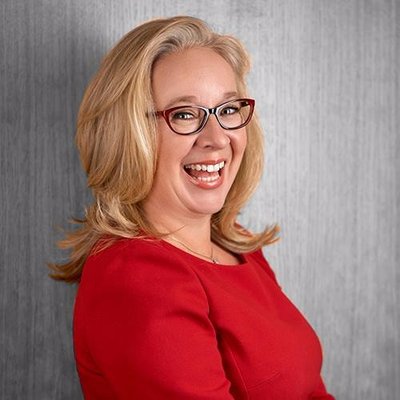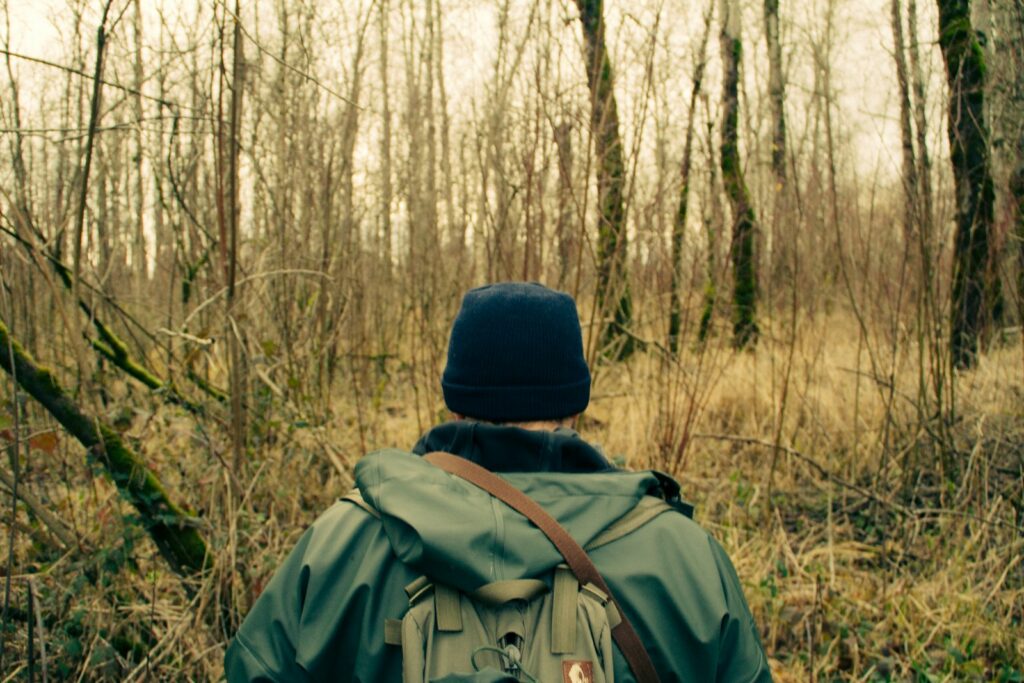There is no doubt about it, we have seen more disruption to our day-to-day work and lives in the last four years to last us a lifetime.
W Brian Arthur, economist, researcher and external professor at the Sante Fe Institute, has gone as far to say that we are now living in a context of fundamental uncertainty. Where the economic rules of the past can’t be relied on, we are continually surprised and, now, we simply do not know.
As a result, for many, our work experience is one of volatility, uncertainty, complexity, and ambiguity. It is brittle, anxious, non-linear and incomprehensible – VUCA and BANI rolled into one.
Professionally, that level of disruption opens a plethora of opportunities for learning and development (L&D).
Tragically, at times, L&D professionals might also be caught up in the devastation of disruption.
Our professional contribution is not always recognised, and our L&D teams end up being ‘streamlined’ and cut to the core.
L&D professionals might also be caught up in the devastation of disruption
An uncertain future for L&D
As a result, many in our wonderful vibrant L&D industry are facing personal disruption and even redundancy.
Whilst Brian Arthur talks about the wider economy, I believe that his perspective is just as relevant for those in L&D facing fundamental uncertainty today: ‘What’s needed in this situation is not rational calculation but resilience. … In a world where we don’t trust the ground we stand on, what really counts is adaptation or resilience’.
So how do we build what really counts to help us thrive disruption? I do not have many answers, but I have been reflecting on some personal experiences and here are three lessons that I have learned.
Many in our wonderful vibrant L&D industry are facing personal disruption and even redundancy
Rediscover you
I found myself out of a job in 2002, exhausted after 15 years of exhilarating work in the emerging ed tech field. I loved my role – it defined my very being, but the market had changed and downsized and I was keenly aware that it was probably the right time for me to go.
As a single person, with a mortgage to pay, I knew that I had to move on but onto what was the question. Whilst waiting on what would come next, I started to explore a question that I have lived and breathed ever since: how can learning innovation deliver business impact?
I rediscovered that this was the core ‘why’ of my work as a result of:
- Feedback from colleagues and friends: Their observations on my work were much easier to hear once I was out of the role. (I was accidentally following the excellent advice from the CIPD here for anyone on a career break!)
- Noticing my reaction to a series of job interviews: They slowly revealed to me my true motivations. I started noticing what I loved about different roles in front of me and what I didn’t. Instead of feeling the pressure, I saw the interviews as a process of personal discovery
Lori Niles Hofmann had some brilliant advice for those facing redundancy during the Covid period. It was about being your authentic self to attract the opportunities that are meaningful for your next role.
I’ve also found it to be true in my own experience. Rediscovering who you are – your values and purpose, is part of that process.
Reimagine the future
Never in a million years would I expect to be a researcher and citizen scientist.
Rediscovering my why led me personally to reconsider the job I wanted to do and the skills that I would need to do it!
But slowly as I explored the question, I was most interested in discovering new skills and, eventually, reimagining my own future and the future of our industry.
Our ability to rethink our future role is core to developing our ability to adapt and stepping into our potential but it isn’t always easy.
Our ability to rethink our future role is core to developing our ability to adapt
A new vision
A few years ago, I was talking to a successful mid-career L&D professional who needed to reapply for their job.
Their global organisation was making some radical changes and L&D, amongst many others, was in the cross line.
Nervous about the future and the interview, that person reached out to discuss how they could hold onto their role.
At the time, I’d recently come back from a chance encounter in the US. A stranger came up to me at a conference to say that one of my research reports on developing high performing teams had helped him confidently express his vision for the future and secure a new senior role.
Inspired by the stranger’s success, I suggested to my UK friend that they might approach the interview differently, sharing an evidence-informed vision of a new future rather than a justification to hold onto the past.
They not only secured their role but also landed a promotion and have been involved in high profile strategic roles ever since.
Building your safety net
It takes a level of boldness to discover yourself and reimagine a new future. When we’re thrown a curveball, courage isn’t something we all have to fall back on. Everyone needs a helping hand to be bolder.
For me, my courage activator has always been evidence but what makes you feel bold?
During our Emerging Stronger research during Covid we asked our participants that question. The answers varied.
Having a clear purpose, peer support, external evidence and research, a mentor or coach, permission to try and the safety to practise were in the lists.
My courage activator has always been evidence but what makes you feel bold?
Community support
Whilst we might have an individual preference for our go-to source for courage, drawing on multiple sources creates an even stronger safety net.
Social media platforms can provide us with a source of insight and a sense of community. This is needed to help us survive and thrive through disruption.
The emerging communities for L&D professionals go one step further providing advice, mentoring, learning and support. (L&D shakers, Offbeat, and L&D cares are three great examples).
What really counts
The pain of disruption cannot be discounted. It can knock us off our feet and steal our confidence at any stage of our careers.
Knowing ourselves and recognising the opportunity to adapt helps, as does being kind and gentle with ourselves along the journey.
As we navigate continual disruption in our jobs and working lives, what really counts is you.





